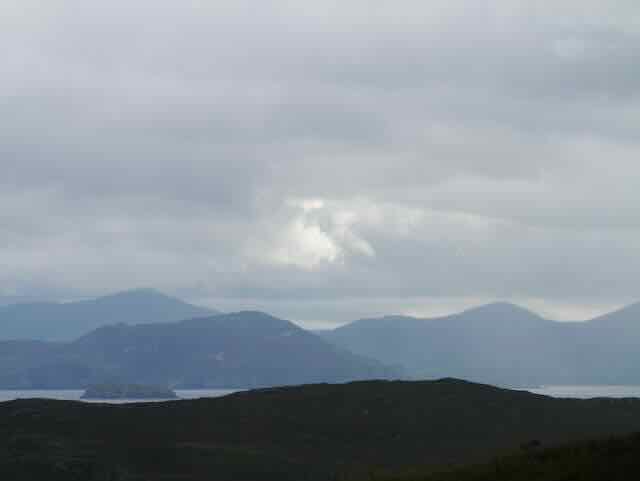I was a noisy child. I got punished for it.
School taught me that speaking was dangerous.
I became a silent adolescent. It wasn’t a healthy silence. It was a silence of fear, repression, self-doubt.
As an adult, I learned to make noise again.
Sometimes I got very caught up in my noise. That wasn’t healthy noise. It was self-obsession and insecurity.
Getting older, I’m learning to trust silence.
Silence?
It doesn’t exist. Even when there’s no external noise, there’s inner noise.
When composer John Cage entered an anechoic chamber in Harvard in 1951 (a room where the walls, floor and ceiling absorb all sound), he expected to hear silence. Instead he heard a high tone and a low tone. When he asked what they were, he was told the high tone was his nervous system, the low one, blood flowing though his veins.
Most of us would also have heard our incessant inner chatter.
In 1952 Cage wrote 4’33’’ — a piece in which the musician doesn’t play her or his instrument — s/he sits in silence. People thought it was a joke. It wasn’t.
Influenced by Zen Buddhism, Cage asks us to attend to what we hear when what we’re expecting to hear is not there. What do we hear in ‘silence’
When I’m coaching, it’s powerful to leave silence. It can feel confrontational or awkward. It’s not intended to be either. In silence a client can reflect on what they’ve just said as it echoes in their mind. Or hear a deeper thought waiting behind the incessant talking of the over-active mind.
I invite them to hear what has no words.
When a coaching session is over, I make notes. I reflect on the session, capture things that came up, suggest starting points for the next session.
Then, before I put my notes away, I wait. For a few moments I fall as silent as I can. I let my mind go blank (usually tuning into the sensations in my body). In those moments — sometimes — deeper insights emerge. Those insights often transform my understanding.
We run from silence in this distracted world. We think ‘doing nothing’ is a waste of time. We prioritise practical achievement over transformative insight, information over understanding.
We fear silence.
I suspect we do so because we fear the truths, opportunities and possibilities silence reveals to us. We fear the changes our insights will demand of us.
We fear the power that will be unleashed if we quieten the mind, suppress incessant chatter, and listen to the non-speaking mind revealing its more-than-verbal wisdom.
After coaching sessions with me, people often say they feel ’very calm’.
I’m glad. Calm is nice. But ‘nice’ isn’t my main objective.
In calmness, in mental and nervous silence, the ‘still small voice’ of wisdom can speak.
Listening to that voice, you can understand your past, live your present and orientate towards the best version of who you might be.
‘Silence is a source of great strength.’ — Lao Tau
How do you find your silence?
To find out more about my coaching and set up a conversation with me, visit http://www.johnbritton.co/momentum-coaching
